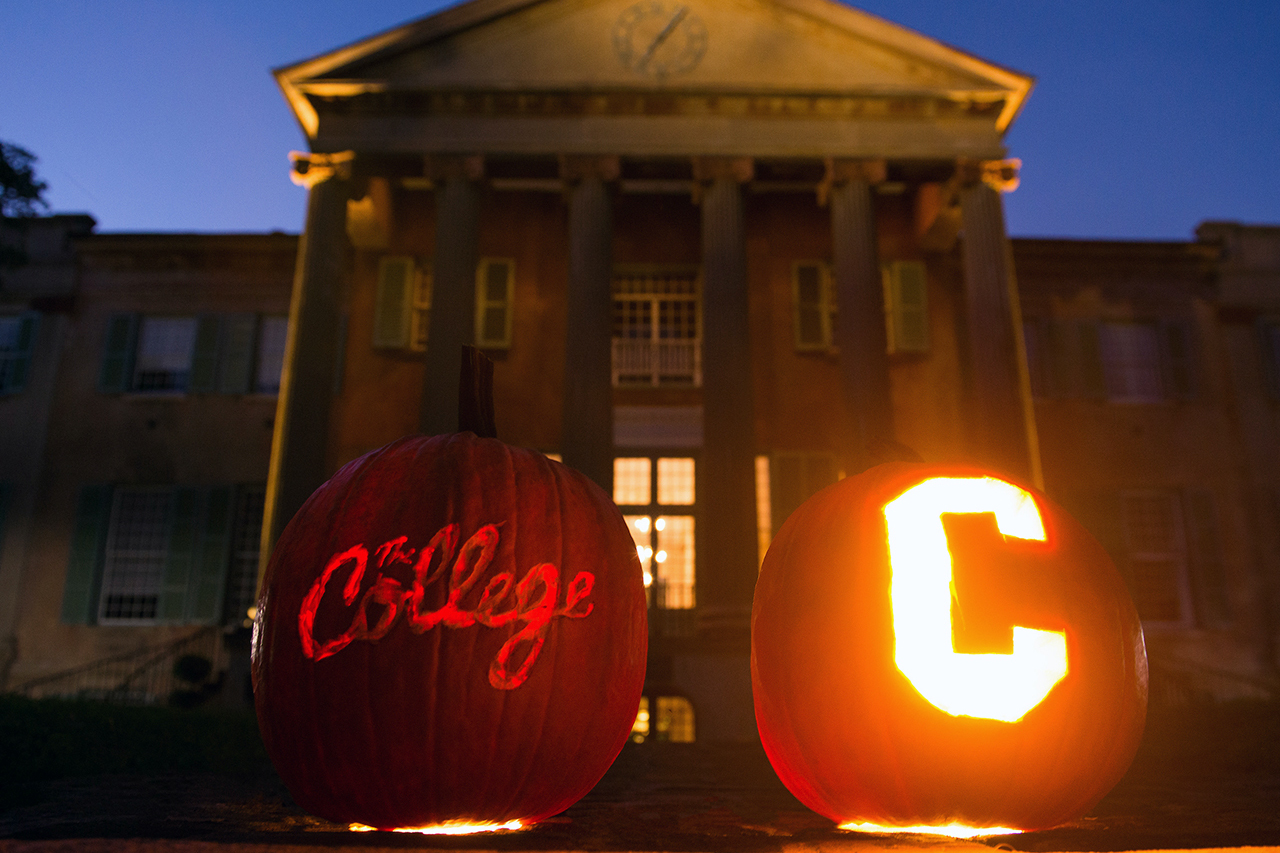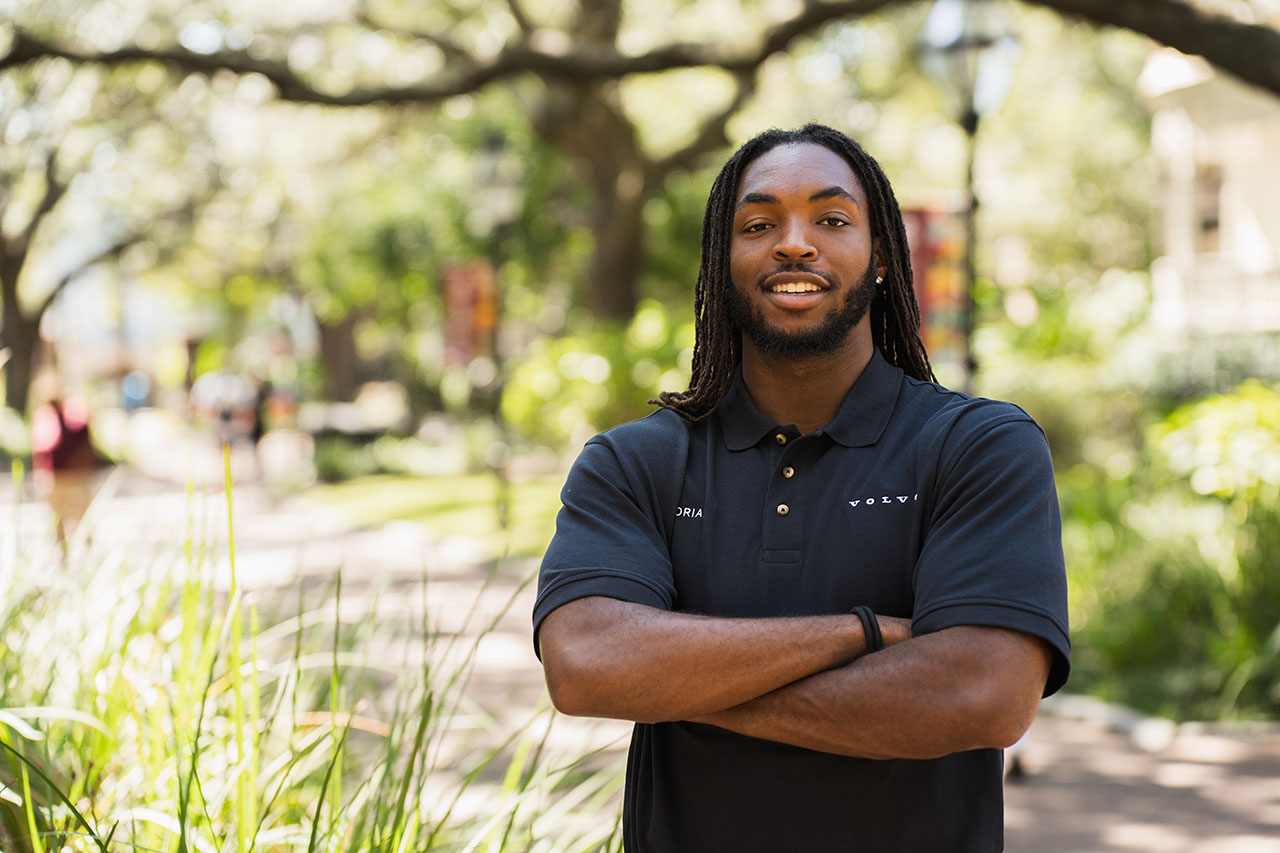College of Charleston Podcast: Human Creativity in the Age of AI
Computer science instructor Anurag Tiwari shares how AI is reshaping creativity and why human emotion, storytelling and hands-on projects matter more than ever for students.
What happens to human creativity when machines can write, paint, compose and even evoke emotion? On this episode of the Speaking of … College of Charleston podcast, we explore the intersection of human creativity and artificial intelligence with Anurag Tiwari, a computer science instructor in the College of Charleston Computing in the Arts program whose background is in computer vision, AI and digital animation. Tiwari’s journey, from developing video analytics for surveillance to creating interactive installations at places like the Kennedy Space Center, reflects a career at the intersection of technology and art. Now teaching at the College, he helps students navigate a world where AI tools are reshaping creative industries.
But rather than fearing AI, Tiwari sees it as a challenge and an opportunity. “AI raises the bar,” he says. “It’s up to us to rise to the occasion.” He encourages students to build independent projects, not just rely on coursework. “Portfolio over resume,” he advises, emphasizing that employers today value real-world problem-solving and creative initiative.
Tiwari also draws a powerful distinction between technical brilliance and emotional depth. He argues that films like Avengers: Endgame and Hereditary succeed not because of their visual effects, but because of the human emotions they evoke, something AI cannot replicate. “You can’t teach machines pain or ambition. Human lived experiences are irreplaceable.”
While AI can support the creative process, Tiwari emphasizes that it cannot replace the human touch. Emotion, experience and storytelling are still essential. This belief extends beyond the classroom. In a job market increasingly shaped by AI-driven resume screening, he urges students to stand out through real-world projects that showcase initiative, problem-solving and creativity.
Despite the doom-and-gloom headlines, Tiwari remains hopeful. From handcrafted furniture to personalized art, he believes there will always be space for uniquely human creativity. “AI can assist, but it can’t replace the spark that makes us human.”
To hear more about Tiwari’s work, including student projects, AI research and advice for aspiring creatives, listen to the full episode on Speaking of … College of Charleston, available on all major podcast platforms.
Watch the episode on the College of Charleston’s YouTube page.
Featured on This episode:
Resources From This Episode:
- Moondog Animation Studio
- The experiment that argues about what it really means to understand something as a human: https://www.youtube.com/watch?v=D0MD4sRHj1M
- Chinese Room theory: https://en.wikipedia.org/wiki/Chinese_room
- The decline in the storytelling aspect of movies and the overreliance on CGI: https://www.theintrinsicperspective.com/p/cgi-did-in-fact-ruin-movies
- How compelling stories in movies are independent of whether CGI is used or not: https://www.imdb.com/name/nm14441778/



